#usa empire history
Text
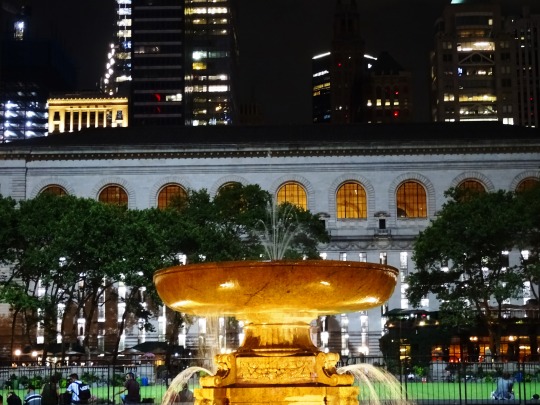
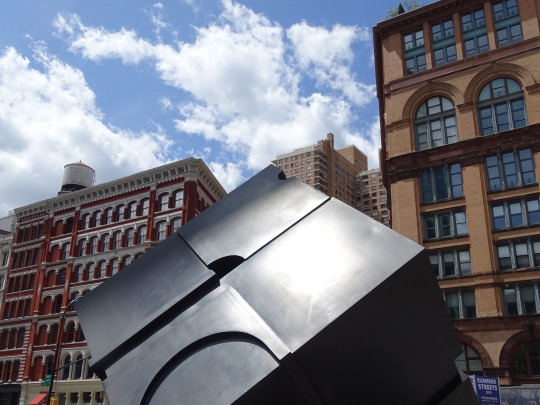
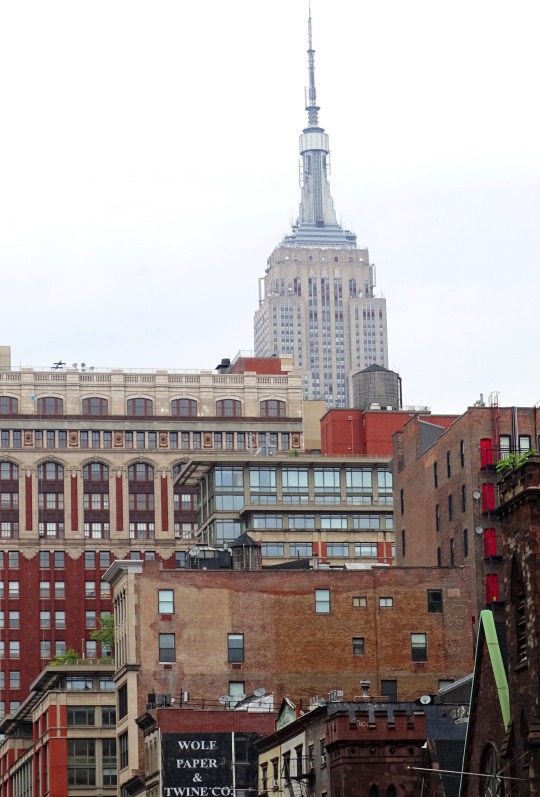
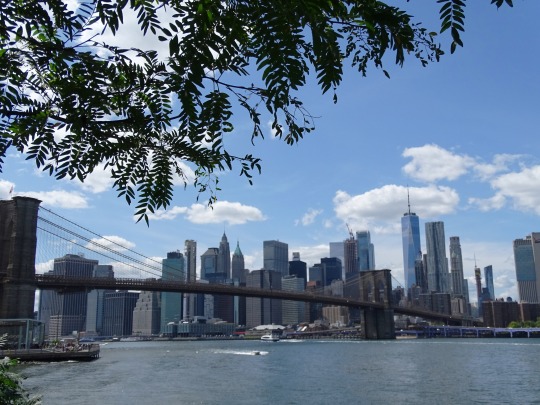

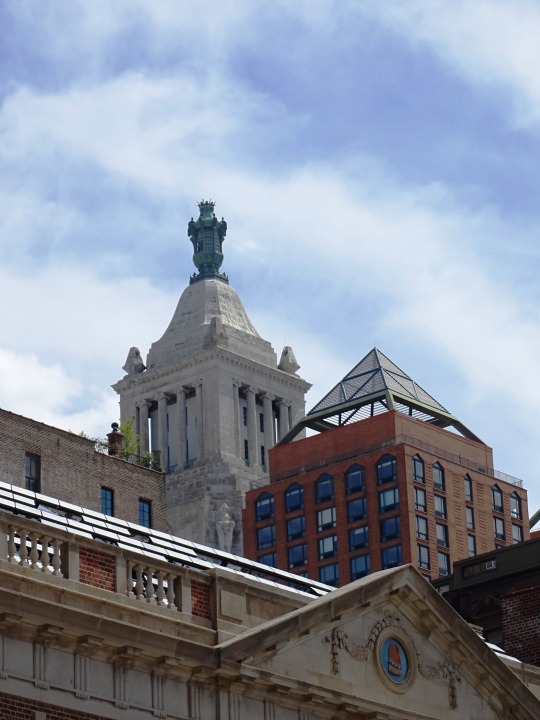

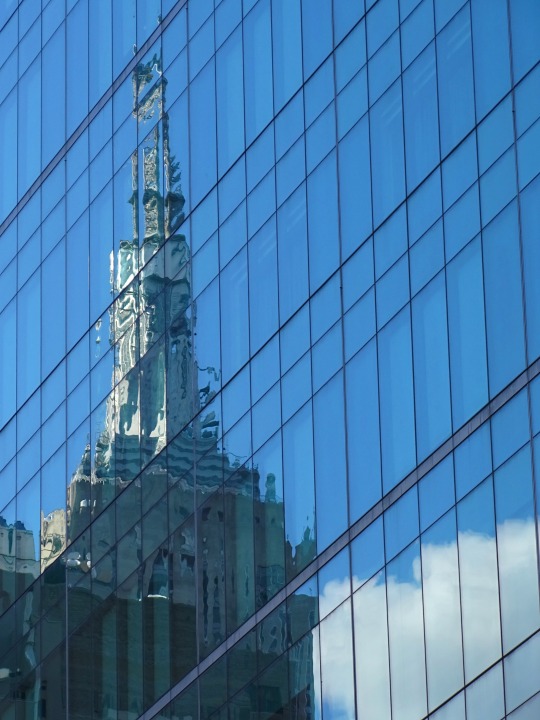
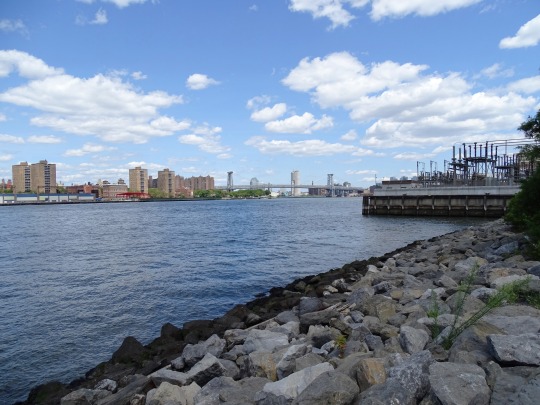

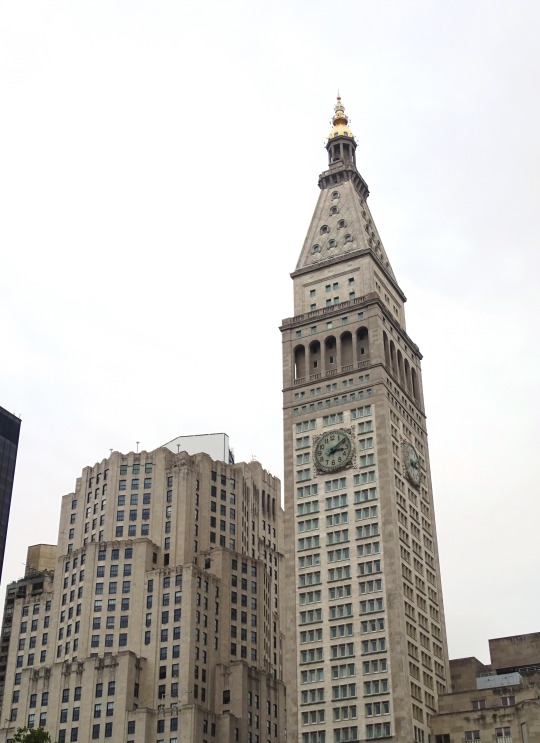
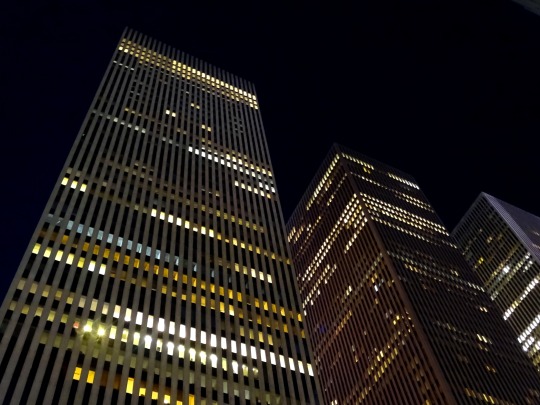
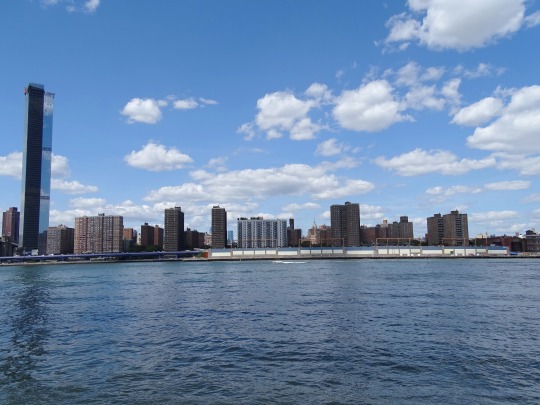
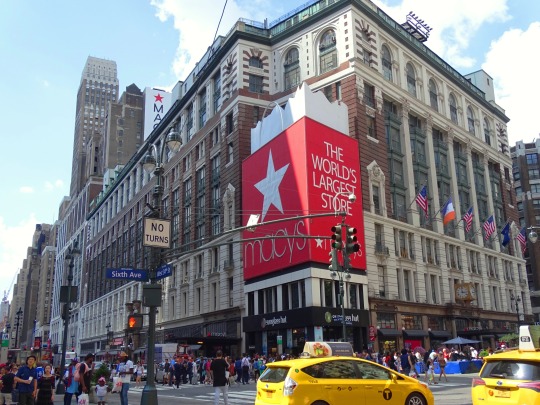
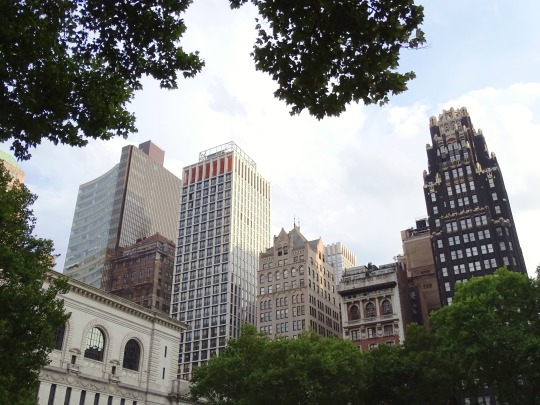
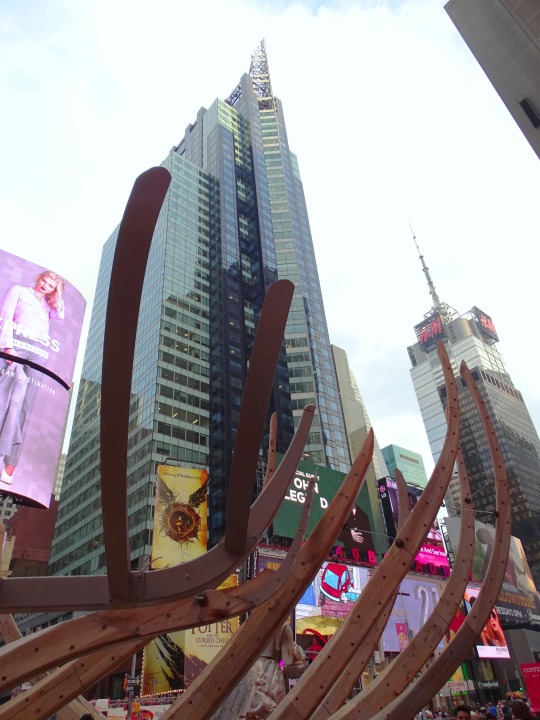
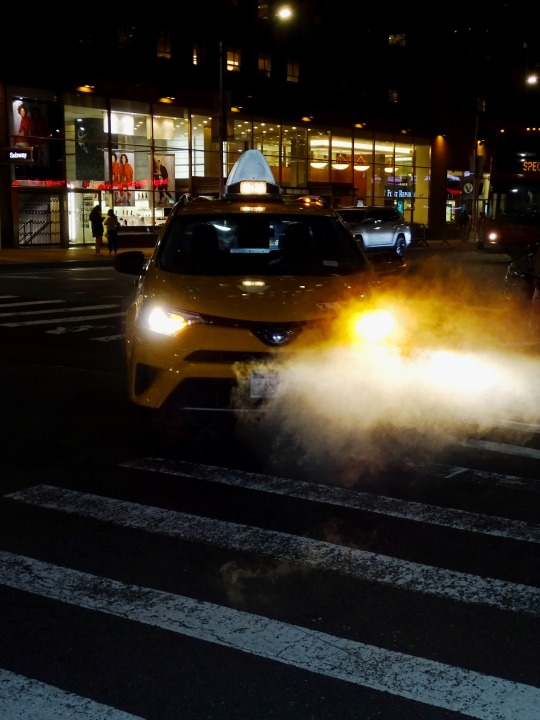

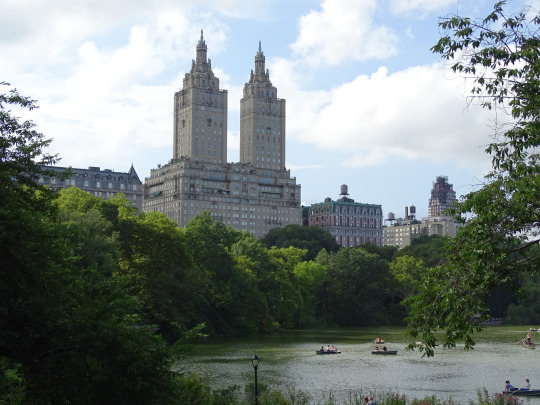
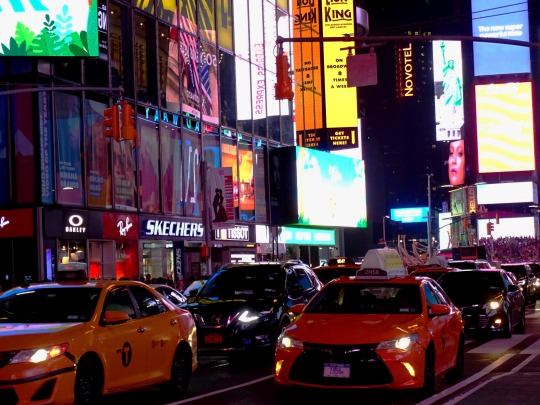
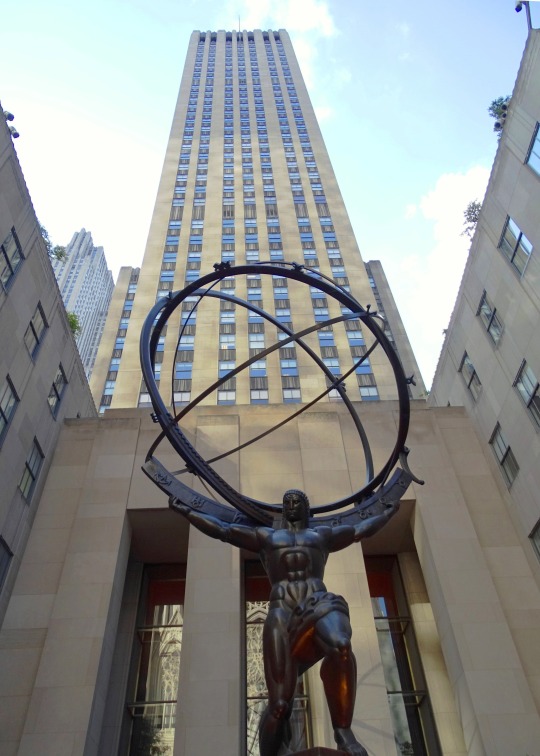
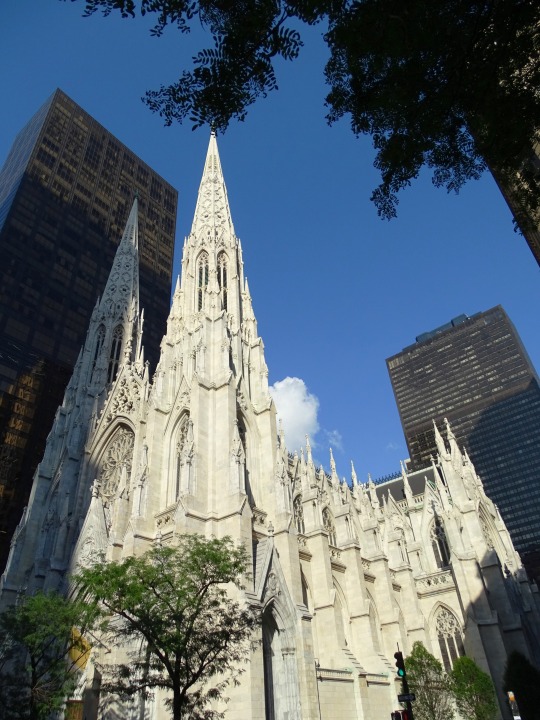
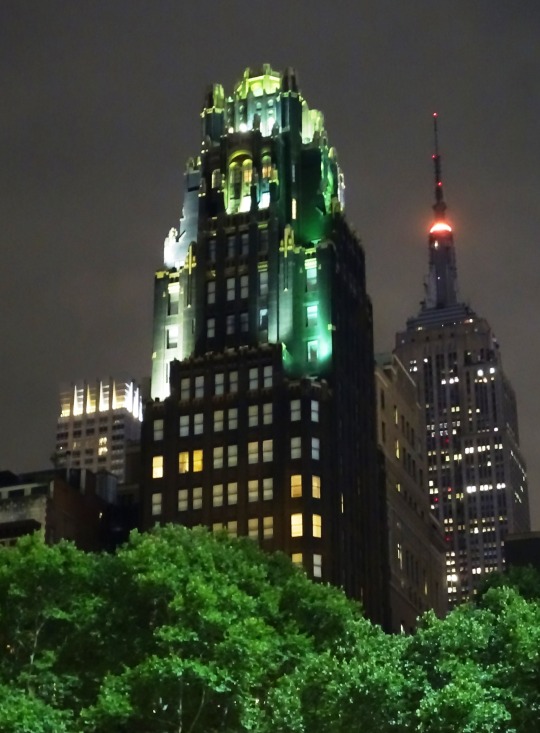
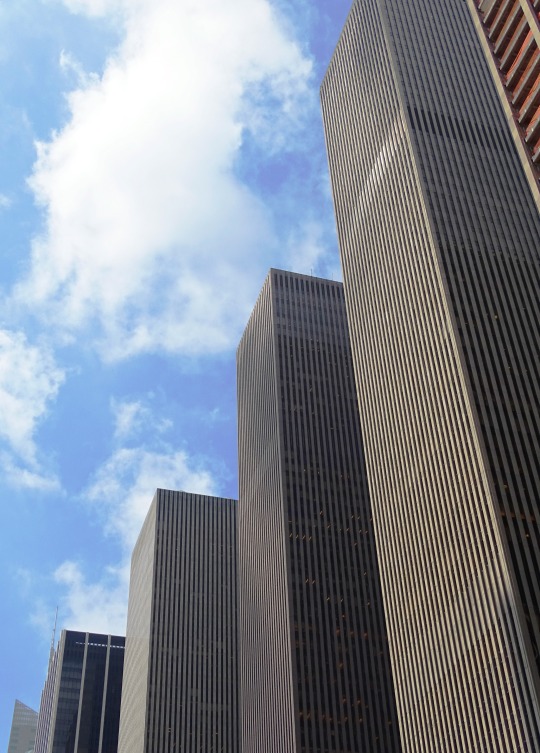
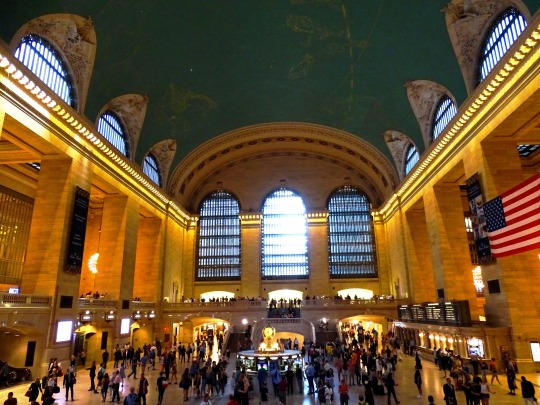
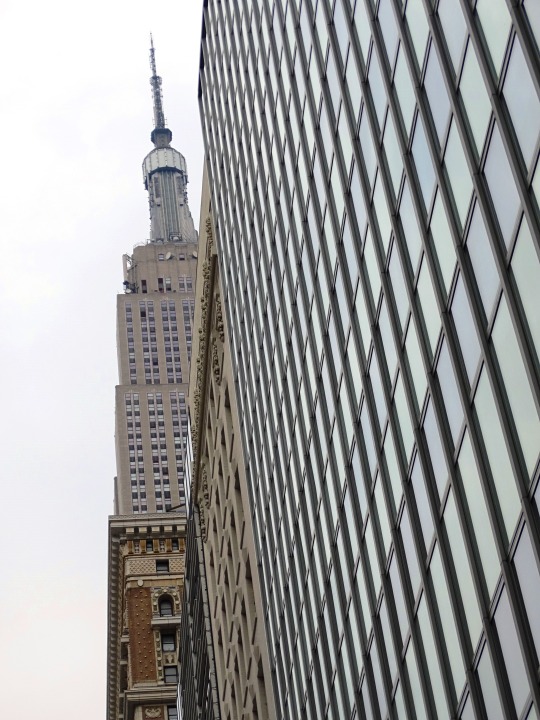
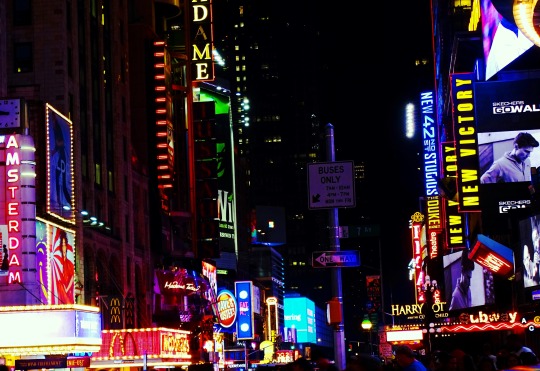
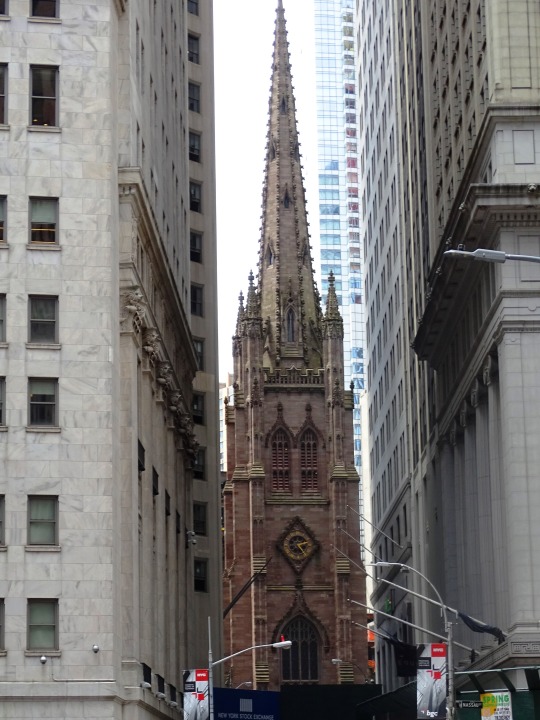
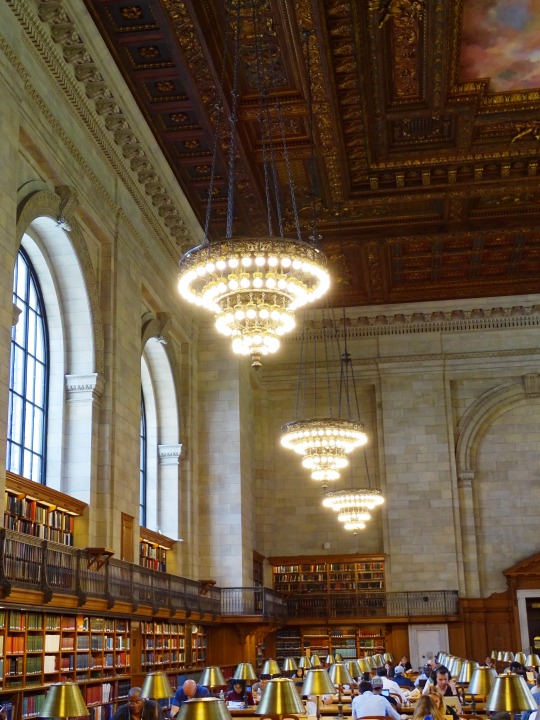
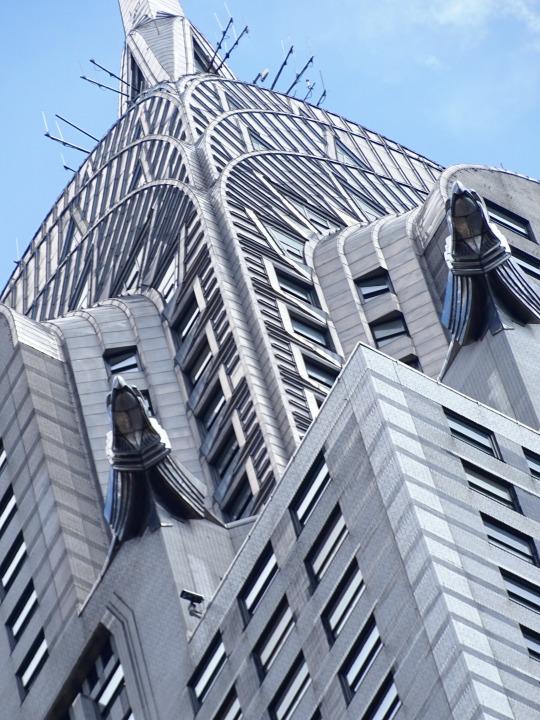
Peter Minuit “bought” Manhattan on May 24, 1626.
#summer 2019#2018#2013#original photography#Empire State Building#Chrysler Building#American Radiator Building#East River#Bryant Park#Stephen A. Schwarzman Building#Brooklyn#white colonialism#New York City#Peter Minuit#bought#Manhattan#24 May 1626#anniversary#US history#Alamo by Tony Rosenthal#architecture#cityscape#tourist attraction#USA#landmark#travel#vacation
32 notes
·
View notes
Text
Me: *sits quietly waiting for someone to ask a question about a random subject I'm weirdly informed about*
#doctor who#space#star trek#star wars#history#politics#extremely specific parts of the human body#linguistic#philosophy#greek philosophy#food production in the USA#healthcare systems#What's inside your cigarette?#random polish guy i found on Wikipedia#Tadeusz Kościuszko#bread during the roman empire#legumes in the roman empire#honey#psychology#ancient egypt#mummification#reproduction in cats#and others
2 notes
·
View notes
Text

Roosevelt looks so miserable in this photo
#history memes#history#ussr#british empire#britian#USA#america#soviet union#wwii history#world war 2#yalta conference#joseph stalin#winston churchill#franklin d. roosevelt#1940s photography#1940s#yalta
14 notes
·
View notes
Text
Emancipation came to Jamaica and Barbados in the 1830s after it was won by fire and sword:
Emancipation, far from being 'on offer' and 'intended' in the 1770s only came in the 1830s, in the wake of the serial rebellions in Jamaica that led the British to view slavery as more expensive than could be justified. If it seems like I belabor the point, this is unfortunately the kind of reality papered over by a major case of historical bullshit spread in the United States, hence the double emphasis on noting the actual sequence of events and how and why things happened the way they did.
#lightdancer comments on history#black history month#jamaican history#british empire#emancipation of slavery in the british empire#no the British Empire was not about to abolish slavery in the 1770s regardless of what historical falsifiers in the USA tell you#that emancipation was seized in a bloody and merciless fashion
8 notes
·
View notes
Text
((…Y’know there are SO many issues with Hien and the writing surrounding him
But uh
“Why didn’t he just give the amnesiac woman to the FUCKING GARLEAN EMPIRE” is not one of them wtf))
#; mun ranting#not reblogging the original post mostly because I have a giant bone to pick here but like#of all the things wrong with Hien’s writing#the blatant imperialism towards the Xaela#the staunch refusal to do anything about the fuckin sex slaver and blaming HER for it#(or least that’s how the ENG text is written!)#the way that this COULD be interesting characterization#of the very morally-grey sort#if the text wasn’t kinda hellbent on excusing him from consequences#that that’s probably a result of IRL Japan’s seriously bloody history on all these things#where they constantly pull a USA and either insist it didn’t happen#or that it wasn’t THAT bad#…not giving up the lady who can’t even remember her own name#to the asshole empire who likes to backstab everyone anyway#sure ain’t one of ‘em#okay pettiness done time to go do something actually useful#instead of bitching on the Internet
2 notes
·
View notes
Text
#pinterest#aesthetic#aestethic#web finds#my finds#funny memes#tumblr memes#9gag#humor#funny stuff#alternate history#history#conspiracy theories#conspiracies#atlantis the lost empire#antarctica#tartaria#roman empire#british royals#putin#palestine#israel#canada#usa news#bitcoin#gamercommunity#artists on tumblr#digital marketing#life coaching#lifestream
0 notes
Text
American portrayal of Hideki Tojo vs. Imperial Japanese portrayal of FDR


#propaganda#propaganda poster#ww2#world war 2#world war ii#imperial japan#empire of japan#usa#america#war propaganda#franklin delano roosevelt#fdr#us presidents#hideki tojo#caricature#caricatures#meme#shitpost#shitposting#history#us history#asian history#military history#who would win#death battle
1 note
·
View note
Text

#this is about acab and anarchism being labeled terrorist symbols#meme#political memes#meme humor#old#old memes#american empire#us authoritarianism#eat the rich#eat the fucking rich#democracy#usa#democrats#politics#us#us politics#us history#us army#us navy#radical#fuck terfs#transrights#radical meme#9/11#post 9/11#america#elections#geopolitics#americans#duopoly
1 note
·
View note
Video
youtube
End of Empire (1985), chapter 6: Palestine
End of Empire chronicled the last days of British rule around the globe, through the remarkably candid reminiscences of both colonizers and the colonized. The series, a Granada Television production, uses old newsreel film and interviews with former British and colonial officials.
#youtube#End of Empire#history#1985#Palestine#izrael#End of Empire chronicled the last days of British rule around the globe#usa#hate is a very bad advisor#british#uk
0 notes
Text














Henry Hudson “discovered” Manhattan Island and the indigenous people living there on September 11, 1609.
#Henry Hudson#discovered#Manhattan Island#travel#original photography#vacation#tourist attraction#landmark#architecture#cityscape#summer 2019#2018#2013#USA#11 September 1609#US history#415th anniversary#white colonialism#skyline#skysraper#New York City#East River#Empire State Building#Brooklyn Bridge
3 notes
·
View notes
Text
We’re living through the birth of a new species of skyscraper that not even architects and engineers saw coming. After 9/11, experts concluded that skyscrapers were finished. Tall buildings that were in the works got scaled down or canceled on the assumption that soaring towers were too risky to be built or occupied. “There were all sorts of symposiums and public statements that we’re never going to build tall again,” one former architect told The Guardian in 2021. “All we’ve done in the 20 years since is build even taller.”
There are skyscrapers, and then there are supertalls, often defined as buildings more than 300 meters in height, but better known as the cloud-puncturing sci-fi towers that look like digital renderings, even when you’re staring at them from the sidewalk. First supertalls were impossible, then a rarity. Now they’re all over the place. In 2019 alone, developers added more supertalls than had existed prior to the year 2000; there are now a couple hundred worldwide, including Dubai’s 163-story Burj Khalifa (a hypodermic needle aimed at space), Tianjin’s 97-floor CTF Finance Centre (reminiscent of a drill bit boring the clouds), and, encroaching on my sky, Manhattan’s 84-floor Steinway Tower (a luxury condominium resembling the love child of a dustbuster and a Mach3 razor).
Some supertalls have an even more futuristic designation: superslim. These buildings are alternately described as “needle towers” or “toothpick skyscrapers” (though not every superslim is a supertall). Early superslims shot up in Hong Kong in the 1970s, though lately they’ve become synonymous with New York City; four supertall superslims loom over the southern end of Central Park in a stretch of Midtown dubbed “Billionaires’ Row.” Building engineers, like judgy modeling agents, have varying definitions of superslim, but they usually agree that such buildings must have a height-to-width ratio of at least 10 to 1. To put that in perspective, the Empire State Building (one of the world’s first supertalls, completed in 1931) is about three times taller than it is wide—“pudgy,” as one engineer described it to me. Steinway Tower is 24 times taller than it is wide—nearly as slim as a No. 2 pencil, and the skinniest supertall in the world. (The developer’s official name for the building is 111 West 57th Street.) These superslim buildings—and supertalls generally—have relied on engineering breakthroughs to combat the perilous physics that go with height. A 2021 article in the journal Civil Engineering and Architecture declared: “There is no doubt that super-tall, slender buildings are the most technologically advanced constructions in the world.”
— The Marvels—And Mistakes—Of Supertall Skyscrapers
#bianca bosker#the marvels—and mistakes—of supertall skyscrapers#history#architecture#engineering#united arab emirates#china#usa#hong kong#dubai#tianjin#new york#new york city#manhattan#burj khalifa#tianjin ctf finance centre#111 west 57th street#empire state building#skyscrapers#supertall buildings#pencil towers
1 note
·
View note
Text
Syrinx Spring
Jennifer Scappettone
A fragment broken off a canary mystery play
At the end of Rome the emperor
and his followers tweeted at one another
until they violated the Tweeter rules.
They burned the forests for the wolves
so all that were left were the cathedral roofs
and then they burned those too.
The ceiling of rotating heaven
cranked by the dehumanized persons was buried
& fourteen centuries later praised by painters who fell
through a cleft in the soil,
who dreamt the frescoed raptors thereupon fantasy
whereas in truth they were just extinct.
* * *
Of this entire disenfranchisement,
the incandescent streets:
corseted throats heave
back names from the slurry.
Glowing yellow in a cage
full of oxygen: chants unheeded
unheeded
crimes with impunity.
* * *
What have we to say now that the reoxygenated Anti-
gen can no longer tweet?
Pentagon rebate.
Knock knock.
Who’s there to dub the silent spring?
A New Yorker columnist. A self-exploiting Insta-
brand. A bellows of poets in Milwaukee. Haunted
Dumpty.
Batter the wind against the fenced-in
national language organs to come
more variously up for air.
What breath’s left to shriek into the empty shaft?
This broken chorus of terror and nest, rape and repair.
1 note
·
View note
Note
Do you think your race/nationality may influence on the consequences of hacking? Or like how far you can even get?
I'm asking because I very rarely see a "prominent" hackitvist that's not white European/USA
it is definitely a factor yes, especially with me, like the only reason im free rn is because switzerland doesn't extradite citizens. but another very big part of it is that to become a widely prominent hacktivist (and as with many other things) you either need to do things western media cares about or get in trouble with the law big time (in the west), which also usually implies being in a country that actively works together with primarily the US or other empires that actively and publicly work against hacking and hacktivists. there are lots of hacktivists in asia and latin america (specifically phineas fisher here also being a popular figure, who is believed to be in latam and has yet to be caught) as well especially (also elsewhere ofc but i dont know of as many), but they are either doing hacktivism within their communities which are usually not internationally that news worthy, or are out of reach enough for the US empire to never get unmasked.
in a lot of ways being a popular hacktivist as an individual is actually moreso a failing in staying safe from consequences by either you or people you work with (see in the history of lulzsec and most of the now well known anonymous figures in the US) or a conscious choice done out of the knowledge that you'll be relatively safe/recklessness. but i definitely feel like international (social) media bias towards western interests is also just a very big part of why you will mostly only ever hear of (assumed) white european/american hacktivists.
and also just as a quick closing note, i would not say that (even white) people in the US or the US sphere of influence are safe from consequences due to hacking in any way, the US is one of the strictest countries when it comes to persecuting hackers and goes to long ways to be as cruel as possible, and especially so with hacktivists. this goes so far that in the 2020 counterintel report the US government put hacktivists/leaktivists on the top 5 biggest threats to the US government, which is ofc both a honor (and shows it works and scares them) but is ofc also scary as fuck. it is this big spectacle they make out of persecuting hackers and making examples out of them that also leads to more of the very distorted prominence of western hackers.
2K notes
·
View notes
Text
Watched Four Days in September tonight

#vi mumbles#it's a very good movie but also. it's painful to watch#probably the grimmest period in brazilian history#frightfully well organized fascists at the beck and call of the USA empire
0 notes
Text
Reading some of the old histories of Russia/the USSR after noticing something with that recent Orlando Figes book:
And it is 100% connected to the pathological inability not just of the usual suspects who commit cultural necrophilia with the USSR on an hourly basis but of media in this case. Russia, like the USA and the bigger Latin American states and the PRC benefits from being given a cultural license to genocide and conquest and to an inability of media to accept that borders are not, in fact, fixed things for all time. As with the USA there's the conceit that colonialism only 'really' began in the late 19th Century with the Spanish-American War and the conquest of Turkestan.
In reality these books kind of skip past another impolitic element as well. Belarusians and Ukrainians are taken as Russians with funny accents, which *does* complicate the idea of defining who is Russian and who isn't. If Belarusians are taken as descendants of the Principality of Minsk and Ukrainians as those of Kyiv and Galicia-Volhynia then Russian has a really, really easy definition.
The descendants of the Rus' states of Veliki Novgorod and Vladimir-Suzdal, who became Russians after experiencing the backhand of colonialism via the Batuid Khanate of the Golden Horde. Russian identity beginning with Veliki Novgorod and drastically accelerated by Moscow became inseparable from the idea of empire in a specifically Messianic form anticipating that of Anglo-America's City on a Hill concept.
Of course Anglo-America is infinitely better than Russians at the empire business because the USA understands the pocketbook does more than the gun and Russians know that full well, they just don't have pocketbooks that can do it and have to use the gun. This reality in turn shapes Russian history, and the willful blindness to the reality that Russian identity as it currently stands is inseparable from imperialism and the willful denial of multiple cultures having a legitimate right to exist (not that the likes of the PRC would allow them to exist either albeit) is why so many people struggle with the simple idea that the Russians' behavior in Chechnya, Ossetia, Syria, and Ukraine is the same old imperialistic bullshit in a new form.
6/10.
#lightdancer comments on history#russian history#book reviews#russia very much is an empire#but it's amazing how much people in the USA and Western Europe pretend it isn't one
0 notes
Text
This post used to hold a poem inspired by the Rev. Munther Isaac's declaration that "God is under the rubble in Gaza."
After a few anons and a conversation with a Jewish friend, I've decided to take the poem down because, regardless of my own intentions with it, it risks feeding the long and extremely harmful history of blood libel, because I included imagery of the infant Jesus and his parents being killed by an Israeli soldier, as many Palestinians are being killed now.
Before talking with that friend, I wrote in this response to an anon about my intentions with the poem — but while I do believe that intentions do matter, they don't matter nearly as much as impact does.
My friend helped me come to the conclusion that while the poem I wrote could be interpreted as I intended by people who already have all the context I wrote it in (see below), it could also all too easily be interpreted much more harmfully by those who lack that context — or worse, who are looking for more fuel for their antisemitism. The poem is not worth that risk, not at all.
___
Ultimately, I hold two things I believe to be true in tension:
that Christians throughout the ages have found deep comfort and encouragement in understanding Jesus as suffering in and with them. I support all Christian Palestinians who, like Rev. Isaac, experience God-with-them in this way — in this horrific time, they deserve any ounce of comfort they can derive. And them personally seeking and finding the Divine presence with them is not antisemitic.
that for Christians like myself in the USA, who live in the beating heart of Empire and Christian Supremacy, it is vital to take care in how we talk about this theology in this current situation, where the oppressors are Jewish. Providing more fuel for Christian antisemitism is inexcusable, and I deeply apologize for writing and sharing a piece that can be used in that way.
Because modern-day Israel is a Jewish state, exploring that Divine solidarity in this context comes with a great risk of perpetuating the long, harmful history of antisemitic blood libel and accusations of deicide. How do we affirm God’s presence with those suffering in Palestine without (implicitly or explicitly) adding to the poisonous lie that “the Jews killed Jesus”?
In wrestling with this complexity, I tried to write this poem to uplift both Jesus’s Jewishness and his solidarity with Palestinians. Jesus was born into a Jewish family, his entire worldview was shaped by his Jewishness, and he shared in his people’s suffering under the Roman Empire. His solidarity with Palestinians of various faiths suffering today does not erase that Jewishness. Nor does it mean that Jewish persons don’t “belong” in the region — only that modern Israel’s occupation of Palestine is in no way necessary for Jews to live and thrive there, or anywhere else in the world.
I also aimed to point out that Israel is by no means acting alone in this attack on Gaza or their decades-long occupation of Palestine. There is a much larger Empire at work, with my own country, the United States, at the helm. Israel is entangled in that imperial mess, and directly backed and funded by those forces — not because of what politicians claim, that we have to back Israel or else we’re antisemitic, but because Israel is our strategic foothold in the so-called Middle East. How do we name our complicity as our tax dollars are funneled into violence across the world, and act to end that violence?
___
I'm sorry this post isn't as articulate as I want it to be. All of this to say: I deeply apologize for any hurt my poem caused. I understand how horrific Christianity's history of — and ongoing present — antisemitism is, and how it poisons and warps so much that could have been beautiful. I'll keep educating myself; I'll keep having hard conversations; I'll keep working to uproot antisemitism in myself and my communities.
___
I'll close with a list of resources for learning about Palestine's history and getting involved.
#deeply grateful E that you were willing to have that conversation with me!#you didn't have to and i appreciate the time and energy you spent doing so. solidarity forever <3
1K notes
·
View notes